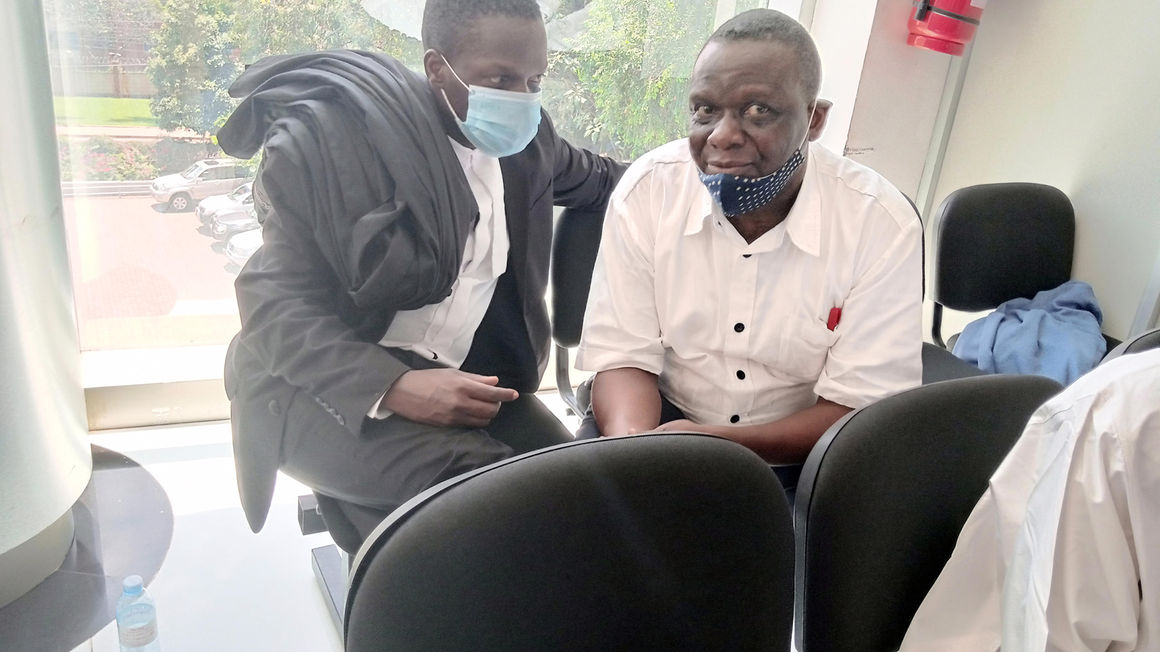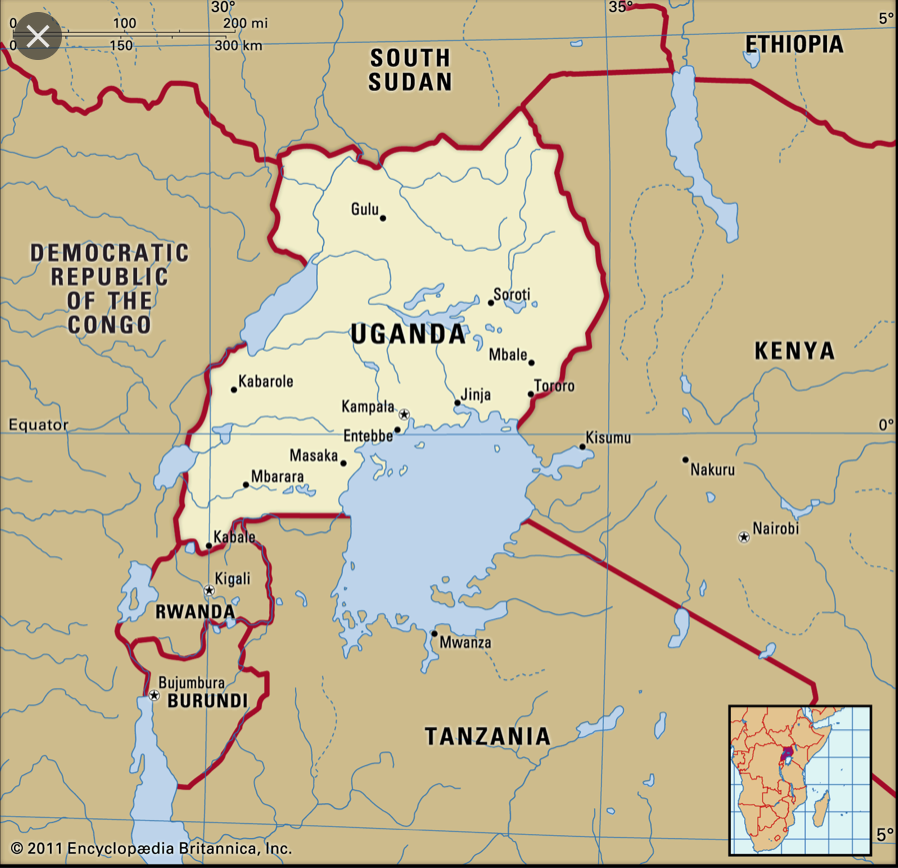The death penalty as a deterrent – or as a revenge. Will this legal sanction provide a solution to the curse of ritual murders and the end of superstition in Uganda?
Whereas all actions of the government to end ritual killing in the country must be applauded, I personally believe more in education as a tool to end these heinous crimes than in the capital punishment – which is considered a violation of the basic, human rights of the perpetrator(s) and for this reason rejected by the international community.
Having said this, the following article contains a chilling mention of the state of affairs in Uganda with respect to the occurrence of ritual murders (‘human sacrifice is a widespread phenomenon‘).
(webmaster FVDK)

Human sacrifice culprits face death penalty

Published: May 6, 2021
By: Daily Monitor, Uganda – Esther Oluka, Arthur Arnold Wadero
Whoever will be found guilty of sacrificing a person for ritual purposes faces a maximum punishment of death following the passing of a law on human sacrifice.
The Human Sacrifice Bill (2020), once assented to by the President, will also see those who finance acts of human sacrifice facing death.
Clause 1 of the Bill defines human sacrifice as killing, mutilation, removal of organs or body parts of a person for sale or for purpose of witchcraft, rituals or any harmful human practices.
While presenting the Private Member’s Bill yesterday, which was overwhelmingly supported, Ayivu MP Benard Atiku argued that the current law does not provide for the offence of human sacrifice and that the human sacrifice related cases are prosecuted as murder or related offences under the Penal Code Act.
Human sacrifice is a widespread phenomenon involving people who seek quick means of amassing wealth or power.
A renowned case is that of 2008 involving Joseph Kasirye, a boy (then aged 12 years) whose torso was found in a swamp, headless and with no genitals.
Businessman Kato Kajubi was found guilty of murder and was handed life imprisonment on conviction.
A section of MPs welcomed the passing of the Bill.
“In fact, it is long overdue. Human sacrifice is not only inhumane but it is evil,” Mbale Woman MP Connie Galiwango said.
Ms Betty Aol Ocan, the Leader of the Opposition in Parliament (LoP) and Gulu Woman MP, said she did not understand why people were sacrificing children.
“You go to a witchdoctor expecting to give you riches, yet that witchdoctor stays in a grass-thatched hut?” Ms Ocan wondered.
Kasese Municipality MP Robert Centenary commended the passing of the Bill after reasoning that adults are victims too.
Previously, the perpetrators of human sacrifice have targeted people with specific features, including albinos, those without body piercings, big umbilical cords, a gap in their front teeth, among other features.
Authorities, including police and religious leaders, have repeatedly highlighted that there is no connection between human sacrifice and riches.
Meanwhile, Mr Emmanuel Jor Ongiertho, the Jonam County MP, had earlier recommended a harsher punishment for human sacrifice culprits.
“I suggest that the people involved in the practice should be tried by the military and if found guilty, be put on firing squad because we really want to deter people from this practice.”
Speaker of Parliament Rebecca Kadaga stated that Parliament had now provided an opportunity for justice to all the victims of human sacrifice.
“On a number of occasions, when children delegations come to visit me at Parliament, they ask me: ‘where is justice for Kasirye’. I think today (yesterday), we can answer that question and say that Parliament has now provided an avenue for justice for Kasirye and other victims like him,” Ms Kadaga said.
Children often the most victims of human sacrifice.
More on the Bill
● Clause 5 says whoever encourages or advises any person to use human body parts in any ritual or their use in any treatment or other forms of healing would be liable to life imprisonment.
● Under Clause 6, whoever is found in possession of human body parts and instruments of human sacrifice is liable to life imprisonment.
● Clause 9 provides for psychosocial support to survivors of human sacrifice.
● Clause 10 provides for compensation, rehabilitation or restitution to be made by court in certain cases.
Source: Human sacrifice culprits face death penalty

